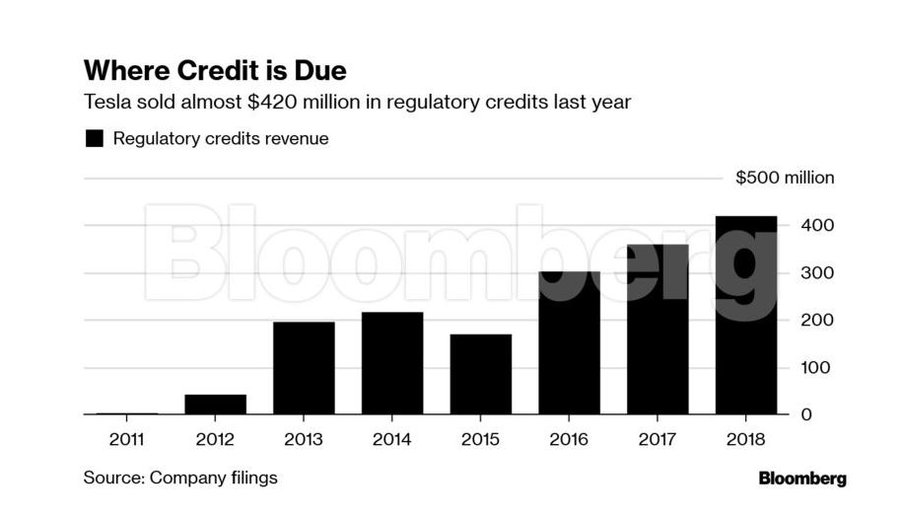GM, FCA unmasked as source of Tesla's cash from emissions credits

These sorts of transactions have largely been shrouded in secrecy -- until now.
General Motors and Fiat Chrysler Automobiles disclosed to the state of Delaware earlier this year that they reached agreements to buy federal greenhouse gas credits from Tesla. While the filings are light on detail, they haven't been reported on previously. They also represent the first acknowledgments from carmakers that they're turning to Tesla for help to comply with intensifying U.S. environmental regulations.
The deal with GM will come as a surprise to those who thought years of sales of plug-in hybrid Chevrolet Volts and all-electric Chevy Bolts would leave the largest U.S. automaker in the clear with regard to regulatory compliance.
But while sales of those models have put GM in a position where it doesn't need extra credits today, demand for its battery-powered vehicles are dwarfed by its crossovers, trucks and SUVs. And the company wants to bank the credits for future years when emissions rules get tougher -- especially if a Democrat beats President Donald Trump in 2020.
"This might not be a bad hedge," said Mike Taylor, the founder and president of Emission Advisors, a Houston-based environmental credit consultant and broker. "If a Democrat gets elected in 2020, GM may need the credits and prices may go up."
Where credit is due
The filings don't give specific terms of Tesla's credit sales to GM or Fiat Chrysler, whose past purchases of credits haven't been disclosed directly but could be inferred from U.S. Environmental Protection Agency reports.
A Tesla spokesman didn't immediately comment. The California-based company's shares have slumped 45 percent this year on concern demand for its electric vehicles is weaker than CEO Elon Musk hoped.
GM's agreement to buy greenhouse gas credits was dated Feb. 25 and reported to Delaware the following day. Pat Morrissey, a GM spokesman, said the company is buying the credits as insurance against "future regulatory uncertainties."
Fiat Chrysler disclosed agreements to buy credits from Tesla that were reached in 2016, 2018 and earlier this year, in four separate filings. Eric Mayne, a spokesman for the automaker, said U.S. standards are getting stricter at a pace that "far exceeds" the level of consumer demand for electric cars that is required for compliance.
"Until demand catches up with regulatory requirements, and there is regulatory relief, we will use credits as appropriate," Mayne said.
Related News
